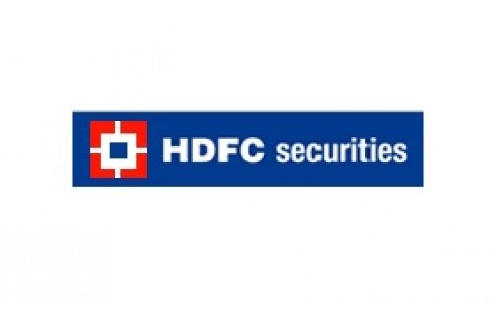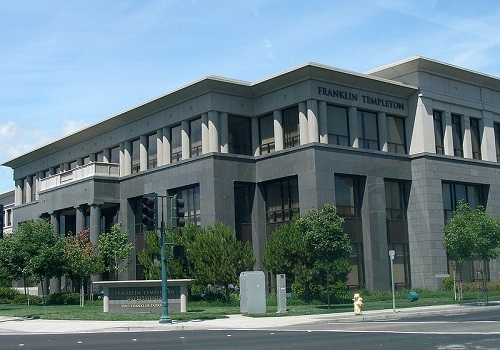Markets end flat with a negative bias for second straight session
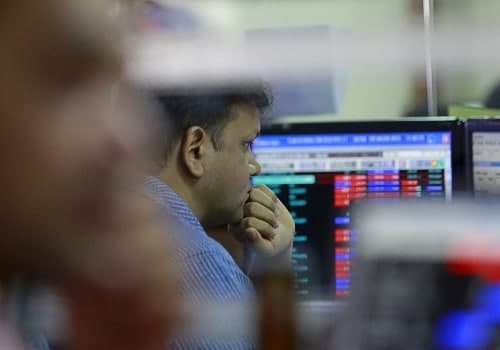
Follow us Now on Telegram ! Get daily 10 - 12 important updates on Business, Finance and Investment. Join our Telegram Channel
Indian equity benchmarks danced between gains and losses for most of the day and ended flat with a negative bias for second straight session on Wednesday on the back of weak cues from global equities. After making cautious start, markets dived deep into the red during the afternoon session, as traders got anxious with Fitch Ratings’ statement that India continues to lag way behind in COVID vaccination, and the negative outlook on sovereign rating signifies the rising debt-to-GDP ratio. In April 2021, Fitch affirmed India's sovereign rating at 'BBB-' with a negative outlook. The outlook was changed to 'negative' from 'stable' in June last year on grounds that the pandemic had significantly weakened the country's growth outlook and exposed the challenges associated with a high public-debt burden.
However, the headline indices rebounded from lows in the dying hour of trade, taking support from report by India Ratings and Research (Ind-Ra) in which it has maintained a stable outlook on the banking sector for 2021-22 supported by the continuing systemic support that has helped manage the system-wide COVID-19 linked stress. While, it expects an increase in stressed assets in retail and MSME segments by end-March. It also estimates gross non-performing assets (GNPA) of the banking sector to be at 8.6 percent and stressed assets at 10.3 percent for fiscal 2021-22. Some support also came with a survey report stating that notwithstanding the COVID-19 second wave hitting the nation hard, Indian organisations have displayed resilience, and the salary increment is being projected to grow from an average of 8.8 per cent this year to an estimated average of 9.4 per cent in 2022. Meanwhile, with an aim to guard domestic manufacturers from cheap imports, the commerce ministry's investigation arm -- the Directorate General of Trade Remedies (DGTR) has recommended the imposition of anti-dumping duty on Vitamin C, used by pharmaceutical firms for medicine production, from China.
On the global front, Asian markets ended mostly lower on Wednesday following the mixed cues overnight from Wall Street, on sliding crude oil prices and as traders are weighing the likely impact of the spread of the delta variant of coronavirus in the region and some other countries, particularly in the U.S., on the pace of economic recovery. European markets were trading lower amid worries about the slowing pace of a global economic recovery due to the rapid spread of the more infectious Delta variant everywhere. Investors also looked ahead to Thursday's European Central Bank meeting that will see policymakers debate a cut in its stimulus. Back home, on the sectoral front, stocks related to gems and jewellery industry were in limelight as the Gems and Jewellery Export Promotion Council (GJEPC) has suggested for introduction of a repair policy; cut in import duty on gold and silver; and the abolition of equalisation levy of 2 per cent for purchase of rough diamonds with a view to promoting the growth of the sector. Textile industry’s stocks were buzzing after the cabinet approved the production-linked incentive (PLI) scheme worth Rs 10,683 crore for the textiles sector with an aim to boost domestic manufacturing and exports.
Finally, the BSE Sensex fell 29.22 points or 0.05% to 58,250.26 and the CNX Nifty was down by 8.60 points or 0.05% to 17,353.50.
The BSE Sensex touched high and low of 58,372.94 and 57,924.48, respectively and there were 15 stocks advancing against 15 stocks declining on the index.
The broader indices ended in green; the BSE Mid cap index rose 0.81%, while Small cap index was up by 0.55%.
The top gaining sectoral indices on the BSE were Power up by 1.30%, Consumer Durables up by 1.13%, Bankex up by 1.02%, Utilities up by 0.91% and Oil & Gas up by 0.66%, while TECK down by 0.75%, IT down by 0.73%, Telecom down by 0.51%, Auto down by 0.47% and Metal down by 0.30% were the top losing indices on BSE.
The top gainers on the Sensex were Kotak Mahindra Bank up by 2.94%, Titan Company up by 1.13%, NTPC up by 1.02%, Sun Pharma up by 0.98% and Axis Bank up by 0.88%. On the flip side, Nestle down by 2.44%, Maruti Suzuki down by 1.33%, Bajaj Finserv down by 1.28%, Bajaj Auto down by 1.22% and TCS down by 1.07% were the top losers.
Meanwhile, India Ratings and Research (Ind-Ra) has maintained a stable outlook on the banking sector for 2021-22 supported by the continuing systemic support that has helped manage the system-wide COVID-19 linked stress. While, it expects an increase in stressed assets in retail and MSME segments by end-March. It also estimates gross non-performing assets (GNPA) of the banking sector to be at 8.6 percent and stressed assets at 10.3 percent for fiscal 2021-22.
According to the report, banks will continue to strengthen their financials by raising capital and adding to provision buffers which have already seen a sharp increase in the last three to four years. It said its stable outlook on large private banks indicates their continued market share gains both in assets and liabilities, while competing intensely with public sector banks (PSBs). Most have strengthened their capital buffers and proactively managed their portfolio.
The report further stated that outlook on PSBs takes into account continued government support through large capital infusions (Rs 2.8 lakh crore over FY18-FY21 and further Rs 0.2 lakh crore provisioned for FY22). The agency has a negative outlook on five banks (about 6.5 per cent of system deposits), driven primarily by weak capital buffers and continued pressure on franchise. It estimates that the asset quality impact in the retail segment has been higher for private banks with a median rise of over 100 per cent in gross NPAs over Q1 FY21 to Q1 FY22 (about 45 per cent for PSBs).
The CNX Nifty traded in a range of 17,383.40 and 17,254.20 and there were 28 stocks advancing against 22 stocks declining on the index.
The top gainers on Nifty were Kotak Mahindra Bank up by 3.57%, Power Grid Corporation up by 1.76%, Grasim Industries up by 1.64%, BPCL up by 1.63% and Coal India up by 1.56%. On the flip side, Divi's Lab down by 2.40%, Nestle down by 2.30%, Wipro down by 1.68%, SBI Life Insurance down by 1.68% and Hindalco Industries down by 1.42% were the top losers.
European markets were trading lower; UK’s FTSE 100 decreased 47.65 points or 0.67% to 7,101.72, France’s CAC decreased 38.53 points or 0.57% to 6,687.54 and Germany’s DAX decreased 145.58 points or 0.92% to 15,697.51.
Asian markets ended mostly lower on Wednesday due to concerns over spreading of the Delta variant of corona-virus globally. Seoul shares extended losses as tech stocks came under selling pressure on concerns over regulations against online platform giants. Chinese shares ended on a flat note amid bets that the worst of Beijing's regulatory crackdown has passed, while China's yuan firmed after the Chinese central bank PBoC pledging to maintain a prudent stance on monetary policy. However, Japanese shares ended higher after GDP growth for April-June was revised up to an annual pace of 1.9% from an initial estimate of 1.3% rise.
Above views are of the author and not of the website kindly read disclaimer



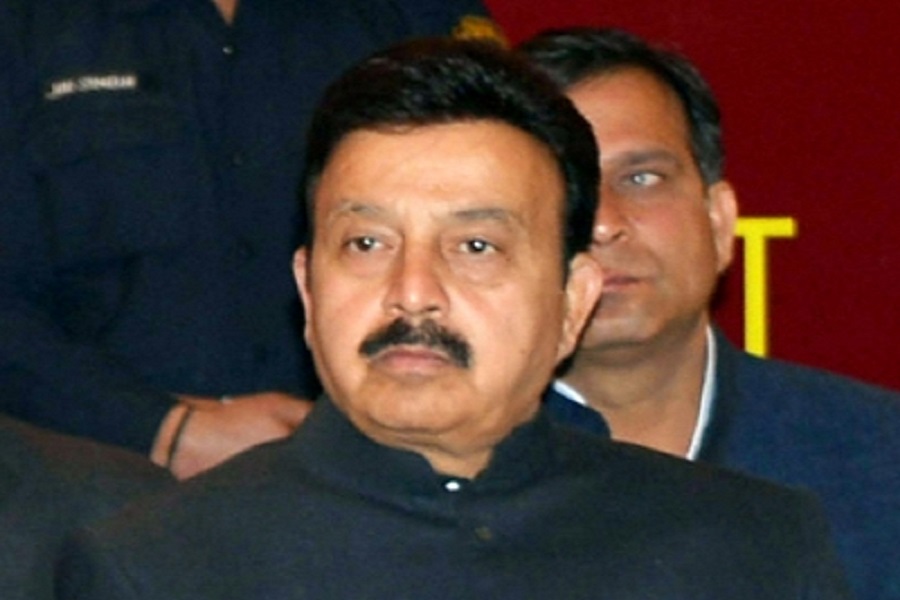
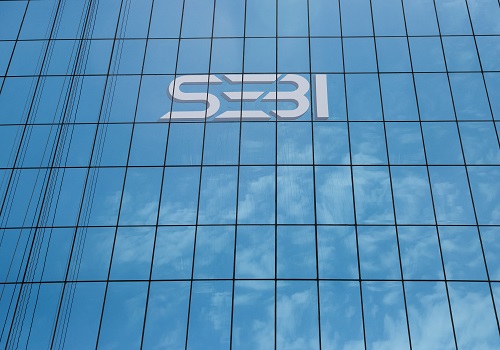

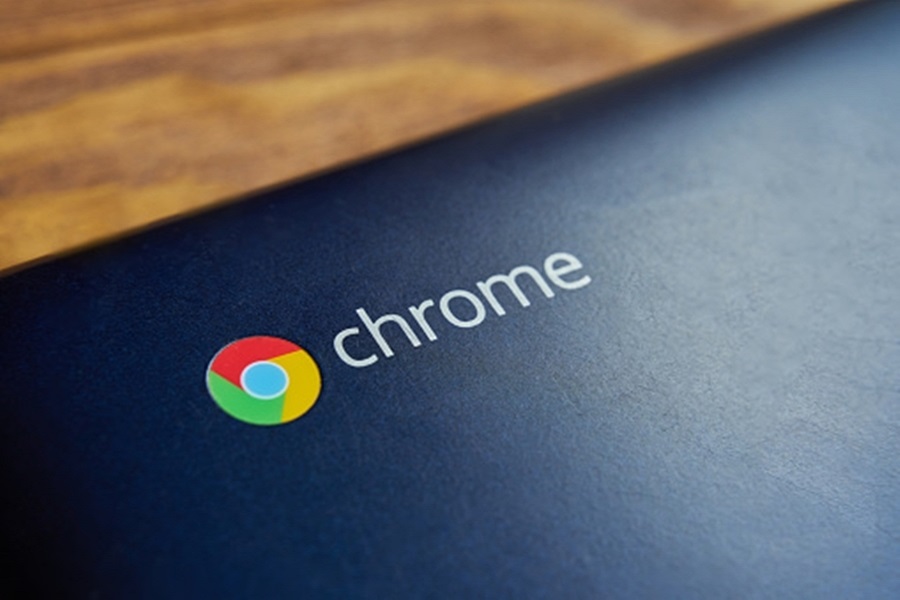
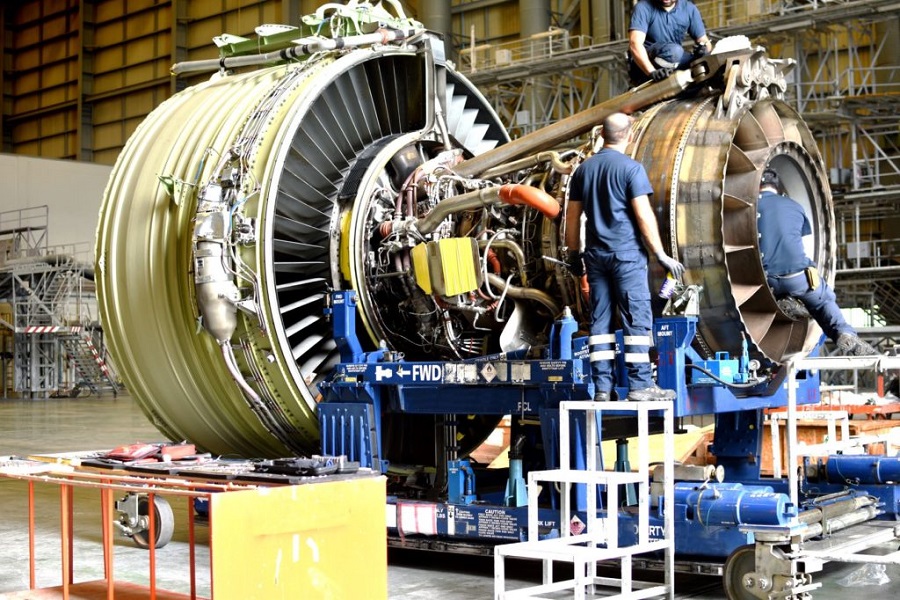


Tag News

Weekly Market Analysis : Markets strengthened recovery and gained nearly 2% in the passing w...



More News
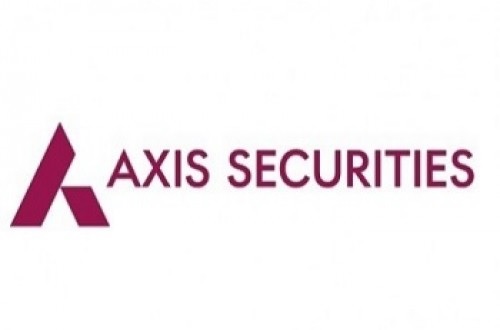
Nifty opened on a flat note but buying led the index upwards to end in the green - Axis Secu...
